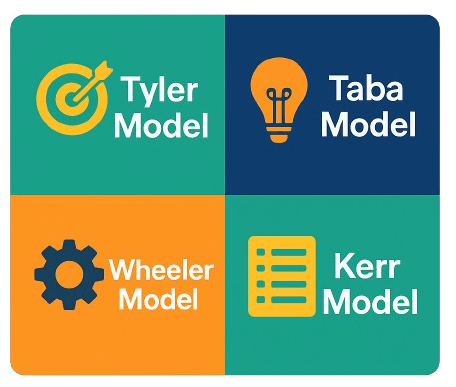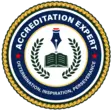Graduate Business Program Expansion
AEC redesigned a private university’s graduate business program to meet new accreditor requirements. The program was approved on its first submission and saw a 40% increase in enrollment within the first year.

In today’s higher education landscape, curriculum design must meet regulatory standards, technology demands, and evolving student expectations.
At Accreditation Expert Consulting (AEC), we deliver future-ready curriculum development services for higher education institutions, from private colleges and graduate schools to fully online universities. Our work ensures that programs are regulator-ready, accreditation-aligned, and designed to achieve measurable outcomes.
📞 Call 1-833-232-1400 | ✉️ Email info@AccreditationXpert.com | Request Curriculum Consultation

Curriculum development for higher education is the process of structuring, validating, and aligning programs with:
It covers the end-to-end academic architecture:
Higher education curriculum is a living framework that must adapt to accreditation changes, market needs, and disruptive technologies like AI, VR, and online platforms.
✅ Read our article: What Are the 4 Stages of Curriculum Development?
Institutions face unprecedented pressures:
Challenges:
Risks if ignored:
AEC helps colleges and universities avoid these risks by designing curriculum that meets compliance and delivers future-proof results.
✅ Read our article: How Long Does It Take to Develop a Curriculum?

Higher education draws on classic frameworks:
AEC Innovations for Higher Education:
✅ Read our article: What Are the Four Models of Curriculum Development?
AEC curriculum specialists ensure every program is:
Our specialists bridge academic design, compliance, and workforce demand, ensuring programs meet both regulatory approval and student success benchmarks.
✅ Read our article: What Is a Curriculum Development Specialist?
AEC redesigned a private university’s graduate business program to meet new accreditor requirements. The program was approved on its first submission and saw a 40% increase in enrollment within the first year.
AEC partnered with an online institution to design a master’s program. We mapped every CLO/PLO, built LMS-ready content for Moodle, and developed submission exhibits. The program received both state approval and DEAC accreditation without conditions.
Bachelor’s and master’s programs typically take 6–12 months, depending on accreditor timelines and complexity.
Higher ed focuses on degree pathways, accreditation compliance, and research/professional standards. Vocational programs emphasize skills training and clock-hour compliance.
Yes. AEC develops on-campus, online, and hybrid programs, ensuring compliance across all delivery formats.
Yes. We prepare submission-ready exhibits for accreditors and state licensing agencies.
Curriculum is the foundation of higher education credibility.
In 2025, institutions that fail to adapt to compliance, technology, and workforce needs risk losing both accreditation readiness and competitive advantage.
AEC combines compliance expertise, design innovation, and future-proof planning to deliver curriculum solutions that meet the highest standards of higher education.
Book a confidential strategy call today.
Ready to bring your program idea to life? Take our free Curriculum Development Questionnaire to help us understand your goals, current materials, and where you need the most support.
Once submitted, our experts will evaluate your readiness and outline a personalized roadmap to build your accreditation-ready curriculum step by step.
Let’s build your program together.
Our goal is to help you find exactly what you need and explore your options.

